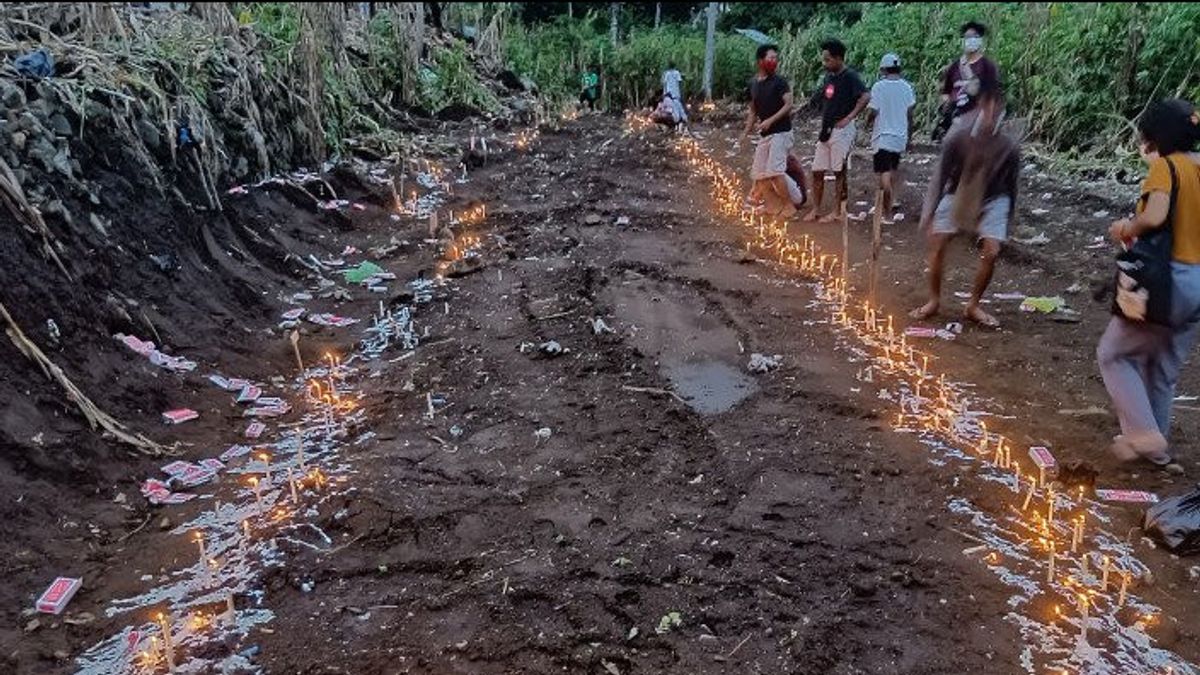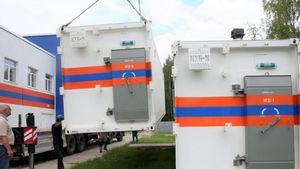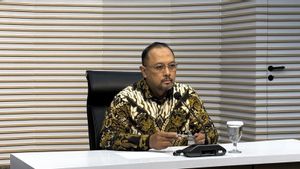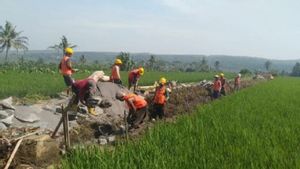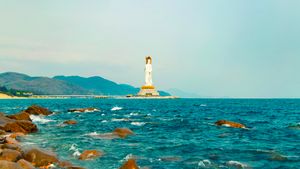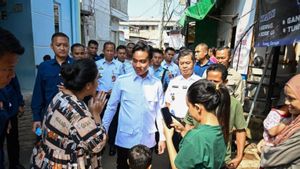JAKARTA - The Indonesian Ulema Council (MUI) states that every disaster that arises because there are factors of human behavior that is not mindful and damaging to nature.
Secretary General of the Indonesian Ulema Council Amirsyah Tambunan said human behavior that is not mindful can be seen from the decrease in ethics in treating nature such as logging blindly.
"The forest becomes bare and the plants are significantly reduced. As a result, temperature, climate, and wind speed become extreme caused by damage to ecosystems on a small scale and a wide scale," Amirsyah said during a press conference reported by Antara, in Jakarta, Wednesday, April 7.
According to him, the disaster should be a warning for people to always submit and improve themselves and treat nature as it should be. If the destruction of forests or nature can not be stopped, then other disasters will be inevitable.
"It is natural that in the event of a disaster, Islam teaches that people always conduct self-introspection, do muhasabah for sins and mistakes that have been done," he said.
He also asked the victims of flash floods and landslides in NTT to be patient and rise again, because there is a meaning behind the event.
"This disaster is all a disaster, a test or an ordeal. For ntt people affected by the disaster, it is expected to be patient, pleased and submit to God alone while praying for strength in dealing with it," he said.
Meanwhile, HEAD of BMKG Dwikorita Karnawati presented hypotheses regarding the correlation of global warming with cyclone events, including Tropical Cyclone Seroja which caused disasters in parts of East Nusa Tenggara and West Nusa Tenggara.
"Because the cause is the increasing heat of the sea surface temperature, which of course the sea is where the carbon dioxide, and that is the impact of greenhouse gases, can be traced there. This is a new hypothesis yes, but there is a correlation with the increase in sea level temperatures that are influenced also by global warming," he said.
Dwikorita said that since 2008 there have been 10 tropical cyclone events in Indonesia. Tropical cyclones occurred once in 2008 and then again in 2010 and 2014.
"So about two to four years, but since 2017 it always happens every year, every year, and even in a year it can be twice, and Seroja is only the first time really quite powerful, because it gets to the mainland," dwikorita said.
Tropical Cyclone Seroja on Sunday (4/4) approached the East Nusa Tenggara region and caused floods and landslides in Kupang City, East Flores Regency, Central Malacca Regency, Lembata Regency, Ngada Regency, Alor Regency, East Sumba Regency, Rote Ndao Regency, Sabu Raijua Regency, South Central Timor Regency, and Ende Regency.
In West Nusa Tenggara Province, the cyclone caused a disaster in bima regency.
The English, Chinese, Japanese, Arabic, and French versions are automatically generated by the AI. So there may still be inaccuracies in translating, please always see Indonesian as our main language. (system supported by DigitalSiber.id)
